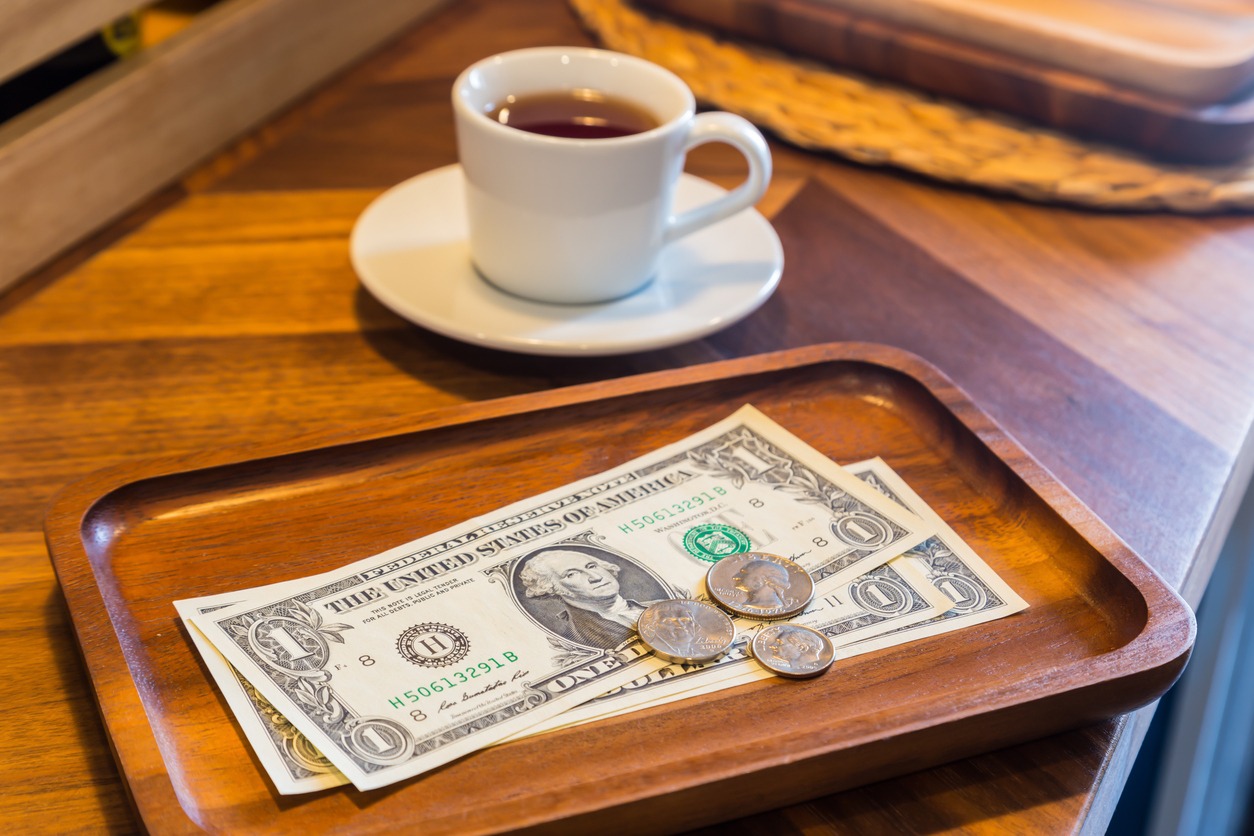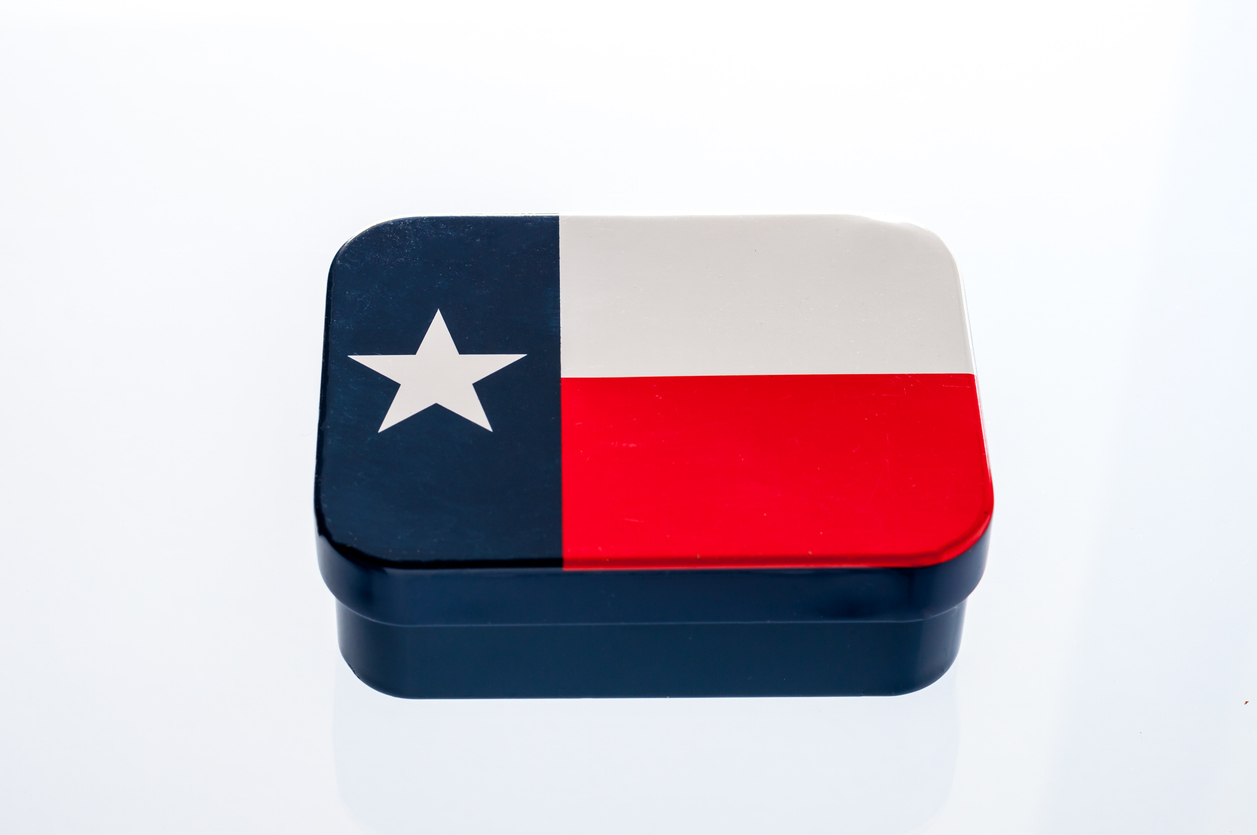Cultural Differences Between Texas and the UK

Moving from Texas to the UK reveals stark cultural contrasts in daily life. You'll swap "y'all" and "yes ma'am" for "love" and "cheers," trade pickup trucks for double-decker buses, and learn that tipping isn't typically expected.
Weather shifts dramatically in the UK compared to Texas's consistency, while food traditions differ—from taco nights to fish and chips. Even queuing etiquette and humor styles require adjustment. These contrasts offer opportunities for personal growth and deeper cultural understanding.
The Southern Drawl Meets British Accent
When the Southern drawl of Texas meets the crisp British accent, cultural sparks fly in delightful ways. Texans stretch their vowels, using phrases like "y'all" and "yes ma'am/sir" to signal respect. Meanwhile, Brits might affectionately call you "love" or "mate", depending on region.
The image of a Texan in cowboy boots chatting with a Brit in a tweed jacket often leads to humorous miscommunication. Bridging this linguistic gap by learning British idioms—while maintaining your Southern charm—can be a rewarding experience. These speech patterns reflect cultural values: warmth and formality in Texas, and wit and regional pride in Britain.
"Yes Ma’am" vs. "Cheers, Love"
Social courtesies vary widely between Texas and the UK. In Texas, the phrases "yes ma'am" and "no sir" are common expressions of respect, used even with strangers.
In Britain, formality gives way to friendliness through terms like "cheers", "love", or "mate." Being addressed as "love" in Manchester or "duck" in Nottingham may sound overly familiar to Texans, but it's normal in the UK.
Adjusting to these language shifts reveals how politeness manifests differently across cultures—through formality in Texas and colloquial warmth in the UK.
Taco Tuesday or Fish and Chips Friday?
View this post on Instagram
Weekly food rituals highlight regional tastes. In Texas, Taco Tuesday is sacred—soft or crispy shells filled with brisket, salsa, and queso.
Across the pond, Brits cherish Fish and Chips Friday, enjoying battered cod or haddock with thick-cut chips and a choice of tartar sauce, malt vinegar, or even curry sauce.
While Texans may cringe at the lack of spice, both traditions reflect local comfort food at its finest, shaped by regional ingredients and long-standing customs.
When a Biscuit Isn't Really a Biscuit
No food item causes more confusion than the biscuit. In Texas, it’s a soft, flaky bread roll—served hot with butter or gravy.
In the UK, "biscuit" means what Texans call a cookie—crunchy, sweet, and perfect for dunking in tea. Ordering biscuits in Britain and receiving shortbread instead of something fluffy can be disorienting.
This language quirk reflects how even shared words can lead to cultural surprises.
The Great Hot Sauce Shortage
In Texas, hot sauce is a table essential. In the UK, spice-lovers may struggle to find anything beyond Tabasco or a mild chili sauce.
This condiment gap is frustrating for those used to fiery Tex-Mex cuisine. British food, though flavorful in its own way, tends toward more subtle heat.
You'll likely bring your own bottle of Texas Pete or Cholula just to keep your meals satisfying.
Transportation: From Pickup Trucks to Double-Decker Buses
Texas thrives on personal vehicles, especially pickup trucks—prized for their practicality and status. Public transit is sparse outside of major cities.
In the UK, car ownership is less essential thanks to trains, buses, and the London Underground. Navigating public transport with an Oyster card becomes second nature, especially since parking is scarce and expensive in UK cities.
This shift reflects broader urban planning philosophies: car-centric freedom in Texas vs. collective mobility in the UK.
No Tipping Required: Service Culture Shock

Alt-text: dollar banknotes and coins on a wooden tray on a coffee shop table
In Texas, tipping 15–20% is customary. In the UK, service charges may be included, and additional tips are modest or skipped entirely.
This can feel awkward for Americans used to rewarding service. But British hospitality staff usually earn a standard wage, reducing reliance on gratuities.
Understanding this model helps visitors avoid over-tipping or feeling confused when a tip line is absent.
Experiencing All Four Seasons in One Day
Texans are used to weather that changes by the season. In the UK, it can change by the hour.
You might leave the house under sunny skies, walk through rain at lunch, and return home in wind or hail. Locals often dress in layers and carry umbrellas year-round.
This unpredictable climate requires flexibility, especially for those used to Texas’s long, dry summers and sudden thunderstorms.
Embracing Cultural Awkwardness as Growth
Adapting to UK culture means accepting occasional awkward moments. Misunderstanding slang, struggling with accents, or navigating a queue incorrectly can be humbling.
But each of these moments is a chance for growth. You’ll gain resilience, adaptability, and a broader worldview by stepping outside your Texan comfort zone.
The reward is deeper cross-cultural empathy, built one confusing phrase or polite misstep at a time.


